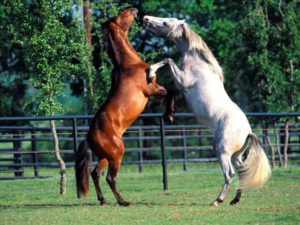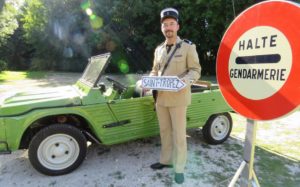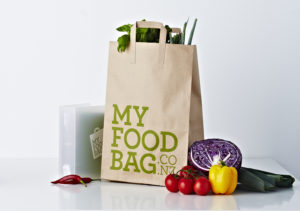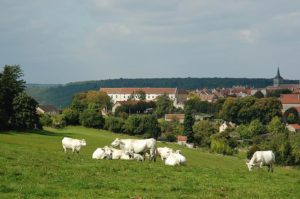The trip started well. We caught the bus to Geneva Airport and my ticket was magically delivered by SMS. It really helps if you know the number, and then the code for your ride and process them in the correct order.
This was excellent training for present-day Croatia. If you are lucky enough to stay in the Blue Studio in Pula, for example, you have to know the code to the Orange Door. Be careful, as it only opens one unique time over a 24-hour period. Then you have to know the code for the key box beside the Blue Door and the mechanical method of opening it.
If you then manage to extract your miniscule rental car that has been parked in by several other big local cars at the end of the dead-end street, you must know the code to the white-taped key box up at The Monastery where there is a parking lot available. The Monastery can be easily located as it is on the narrow road up the hill to the castle just past the Jupiter Pizzeria.
 Once you get the hang of all this, you quickly see that the codes are all already entered as no one ever bothers changing or hiding them. Most doors and gates are open most of the time, as only robbers and dizzy tourists would be trying to crack or master the friendly and trusting system.
Once you get the hang of all this, you quickly see that the codes are all already entered as no one ever bothers changing or hiding them. Most doors and gates are open most of the time, as only robbers and dizzy tourists would be trying to crack or master the friendly and trusting system.
There is a flourishing wine culture here (possibly the reason for all the codes never being erased) and no trip to Croatia is complete without visiting a Heritage Winery. Our most memorable one featured the Rubber Room, and the “heritage” bit was interior décor in 1960s “Italian Style”. Carpets and wallpaper matched each other in florid geometric design. You couldn’t make out where the floor ended and the wall began. The bed was a four-poster composed of brown plastic chunks that looked like giant M&Ms. Its ceiling contained a curved mirror, so that the visual extravaganza could never be avoided.
It was sort of like being on a ship in the middle of the grape fields, and taking an anti-motion-sickness tablet before stepping into the room was highly recommended.
Their specialty was “very old” wine, which meant that their “burgundies” (the ones that were “ready”) were about 15 years old and had turned into brown sludge. Instead of trying to decant them, a waiter told us that the bottle must be shaken to attain full taste and body. He was not taking no for an answer, and upon our expressing shock and horror we were shunned in the dining room as oenological philistines.
But, ah, Croatia is a lovely place. The dolphin boats go out at sunset and there is always a fresh fish for supper. There are cash machines and coffee shops and ice cream cones at every corner. The sun shines and the water sparkles.
A philosopher-waiter reminds you that COVID19 is bad, but not as bad as war.
Greetings from Opatija.








